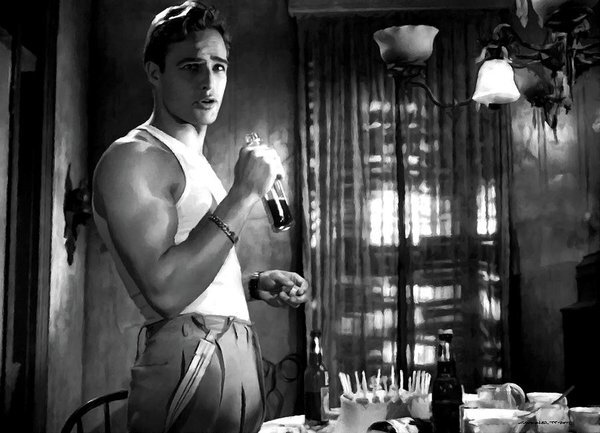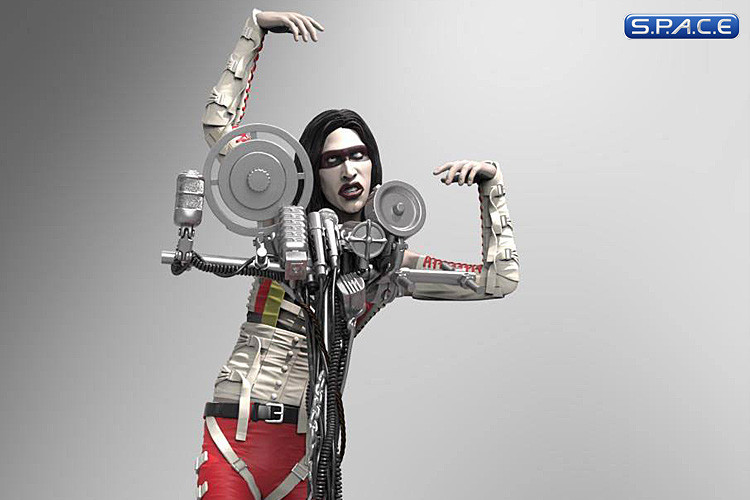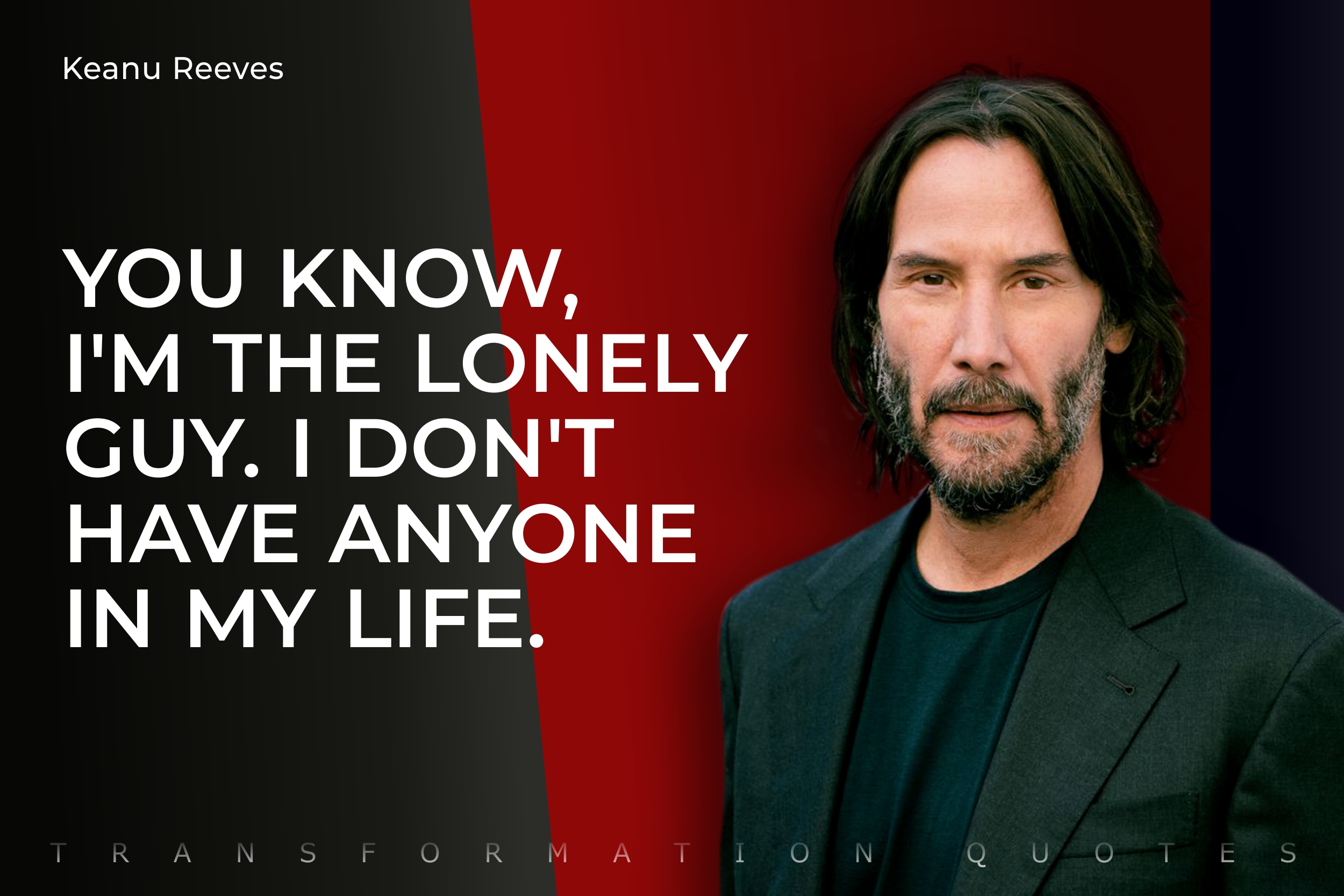Marlon Brando, often hailed as one of the greatest actors in the history of cinema, transformed the landscape of performance art with his revolutionary acting techniques and a series of unforgettable roles. His career spanned several decades, and through it, he left an indelible mark on Hollywood. This article explores Brando’s career highlights, from his early days on stage to his iconic role in “The Godfather.” We will delve into his unique approach to acting, the impact of his performances, and the legacy he left behind.
The Early Years: A Star is Born
Born on April 3, 1924, in Omaha, Nebraska, Marlon Brando’s early life was marked by a complicated family dynamic. His father was a salesman, and his mother was an actress, which influenced his decision to pursue a career in acting. After studying at the University of Omaha and later at the Dramatic Workshop of the New School in New York City, Brando began his journey in theater.
- Theatrical Breakthrough: Brando’s first major role came in Tennessee Williams’ play “A Streetcar Named Desire” in 1947. His portrayal of Stanley Kowalski was groundbreaking, showcasing his intense emotional range and physicality.
- Method Acting: Brando was a proponent of method acting, a technique that encourages actors to draw upon their own experiences and emotions in order to create realistic performances. This approach set him apart from his contemporaries and influenced generations of actors.
His performance in “A Streetcar Named Desire” not only earned him critical acclaim but also helped to establish him as a leading figure in the American theater scene. The play’s success paved the way for Brando’s transition to film.
Hollywood Stardom: The Film Career

Brando’s film career took off in the early 1950s, where he quickly became one of Hollywood’s most bankable stars. He starred in a series of films that defined a generation and showcased his exceptional talent.
- “The Wild One” (1953): In this film, Brando played Johnny Strabler, a rebellious motorcycle gang leader. His iconic line, “What are you rebelling against?” became one of the most quoted lines in cinema history, solidifying his status as a cultural icon.
- “On the Waterfront” (1954): This film earned Brando his first Academy Award for Best Actor. His portrayal of Terry Malloy, a dockworker torn between his loyalty to his brother and his conscience, was a masterclass in acting. The famous line, “I coulda been a contender,” resonates with audiences even today.
- “The Godfather” (1972): Brando’s role as Vito Corleone in Francis Ford Coppola’s “The Godfather” is perhaps his most iconic performance. His portrayal of the aging mafia patriarch won him his second Academy Award, though he famously declined the award as a protest against Hollywood’s portrayal of Native Americans.
These films not only showcased Brando’s versatility but also helped redefine the American film industry, introducing a more realistic and emotionally complex style of acting.
Brando’s Unique Approach to Acting

Brando’s innovative techniques and dedication to his craft set a new standard in acting that influenced countless actors. His commitment to authenticity and emotional truth brought characters to life in ways that resonated deeply with audiences.
- Improvisation: Brando often improvised his lines, adding a layer of spontaneity to his performances. His ability to think on his feet allowed him to create moments of genuine emotion that were unscripted.
- Physicality: Brando’s physical presence on screen was unlike any other. He used his body to convey emotion, often adopting unique gestures and movements that became synonymous with his characters.
- Vocal Techniques: His use of vocal modulation, including his famous mumbling and varied pitch, added depth to his performances, making his characters more relatable and human.
A Lasting Legacy: Impact on Cinema and Society

Marlon Brando’s impact on cinema extends beyond his performances. His willingness to challenge societal norms and address controversial issues has made him a significant figure in both the film industry and American culture.
- Challenging Stereotypes: Brando was an advocate for civil rights and Native American issues. His refusal to accept the Academy Award for “The Godfather” in 1973 was a powerful statement against the treatment of Native Americans in Hollywood.
- Influencing Future Generations: Many actors, including Al Pacino, Robert De Niro, and Leonardo DiCaprio, cite Brando as a major influence on their work. His approach to character development and emotional authenticity continues to inspire contemporary actors.
- Innovating Film Techniques: The rise of method acting, largely attributed to Brando, has become a staple in film schools and acting workshops worldwide, shaping the future of performance art.
Challenges and Controversies

Despite his monumental success, Brando’s career was not without challenges and controversies. His personal life and choices often overshadowed his professional achievements.
- Personal Struggles: Brando faced numerous personal challenges, including battles with addiction and tumultuous relationships. These struggles affected his career, leading to periods of withdrawal from the public eye.
- Controversial Statements: Brando was known for his outspoken nature, particularly regarding social and political issues. His views often sparked controversy, which led to mixed reactions from the public and industry insiders.
Marlon Brando’s journey from the stage to the silver screen is a testament to his remarkable talent and influence on the world of acting. With iconic performances in “A Streetcar Named Desire,” “On the Waterfront,” and “The Godfather,” he redefined what it meant to be a leading man in Hollywood. His commitment to authenticity, emotional depth, and social justice has left a lasting legacy that continues to inspire actors and filmmakers today. Despite facing personal challenges and controversies, Brando’s impact on cinema and society remains unparalleled. As we reflect on his career, we recognize Marlon Brando not just as an actor but as a cultural icon whose work transcended the boundaries of film and touched the hearts of audiences around the globe.


